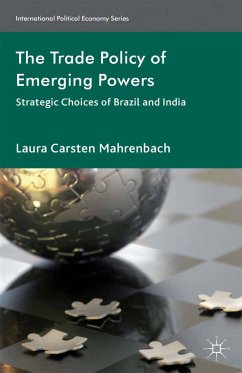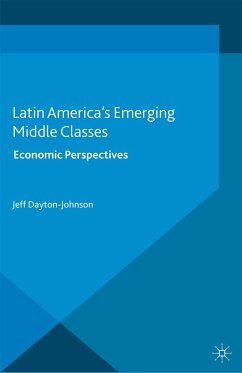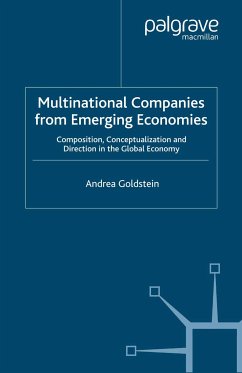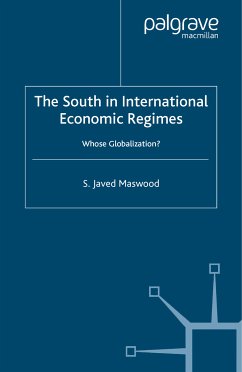Dieser Download kann aus rechtlichen Gründen nur mit Rechnungsadresse in A, B, BG, CY, CZ, D, DK, EW, E, FIN, F, GR, HR, H, IRL, I, LT, L, LR, M, NL, PL, P, R, S, SLO, SK ausgeliefert werden.
"This book examines the causes for India's and Brazil's international trade strategies in an exemplary, theoretically guided and empirically profound way. In this highly welcome comparative analysis, Laura Carsten Mahrenbach conceptualizes the the potential influence of societal ideas and interests in well developed hypotheses and tests them systematically in detailed case studies. Thus, her book makes an important contribution to the understanding of the role of domestic politics in shaping governmental strategies and to the international political economy of emerging powers." - Stefan A. Schirm, Ruhr University, Germany
"An interesting and sophisticated analysis, this book provides valuable reading for students and
scholars working on contemporary trade issues and rising powers." - Amrita Narlikar, University of Cambridge, UK









